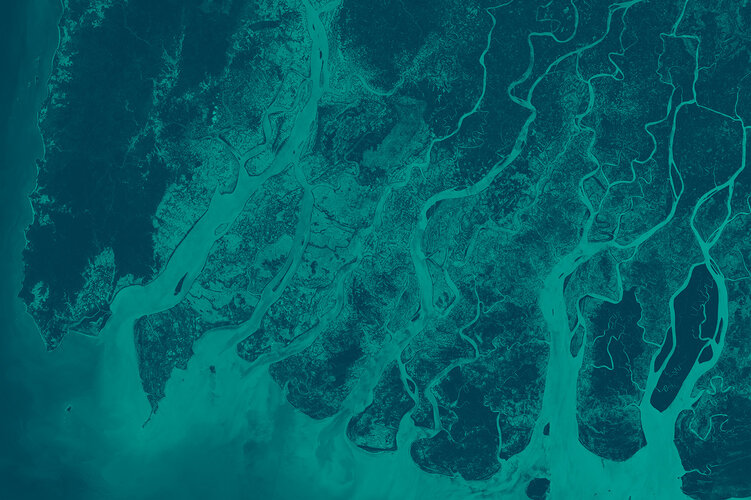Earth Observation Excellence Award deadline approaching
In a little over a month, the window of opportunity for nominating deserving scientists for the prestigious ESA-EGU Earth Observation Excellence Award will close. With the period for lodging nominations closing on 7 December, past nominators and winners reflect on how this award has increased the visibility of their scientific research and opened new avenues to working partnerships.
Over recent years, Earth observation has been going through a significant transformation. A combination of new, complementary Earth observation instrument capabilities, together with artificial intelligence, machine learning and big data technologies, has opened a wealth of opportunities for science and applications.
Scientists and experts from around the world have combined these technologies, creating a source of timely and relevant information to mitigate environmental risks, build a better-informed society, strengthen climate resilience and address the United Nations Sustainable Development Goals.
The joint ESA–EGU Earth Observation Excellence Award recognises and honours individual scientists and teams that have contributed to the innovative use of Earth observation, with a focus on the use of European datasets in the field of science and applications.

The 2023 award will be announced and presented at next year’s EGU General Assembly in Vienna, following an independent evaluation of nominations led by the European Space Sciences Committee of the European Science Foundation.
In the meantime, past nominators and winners have been reflecting on the previous awards.
Mioara Mandea, from the CNES French Space Agency, nominated Benoit Meyssignac, a scientist from the Laboratory of Space Geophysical and Oceanographic Studies. He is interested in understanding Earth’s global energy cycle and its variations and his research is at the intersection of climate science, oceanography, and geodesy.
In an interview Mioara, said, “In nominating Benoit Meyssignac for the Excellence Award, I wanted to recognise his excellent contributions to geoscience and his role in the space community. Winning the Earth Observation Excellence Award has enabled Benoit to open a new window into the geoscience community.
“Significant recognition in the field of Earth observation from space can help take his career to the next level. Benoit could also be involved in novel, ambitious research and provide leadership in different projects.”

In an interview Benoit highlighted, “Over the last 10 years, I have been able to show with my PhD and postdoc students that space geodetic measurements from satellite altimetry and satellite gravimetry allow for a very precise quantification of the energy stored in the ocean.
“This work paves the way for the use of satellite data like the data from the Sentinel series, the Jason series, the GRACE series, and the future MAGIC mission to derive a new constraint on the Earth’s radiation budget.
“Since winning the award I have gained recognition in the space community. It definitely facilitates partnerships, and also a more leading role when I want to participate in or build ambitious research proposals.”
Lucca Brocca from Italy’s National Research Council led the team that won the Earth Observation Excellence Team Award. In an interview, he said, “The team has developed, and continues to develop, new approaches for exploiting Earth observation for water cycle applications.

“We are currently involved in 15 research projects funded by ESA, Eumetsat, the European Commission, and local/regional authorities that are working on exploiting satellite observations in hydrological applications and developing a digital twin of Earth for hydrology.
“Moreover, we are highly involved in activities that support users of satellite observations through training, capacity building and webinars. Hydrology is going to play a key role in the current and future activities supported by space agencies and the European Commission.”
If you know a deserving scientist or team that deserves recognition for their innovative use of Earth observation, don’t miss the 7 December deadline for nominations for this prestigious award, which can be submitted via the Earth Observation Excellence Award 2023 website.







